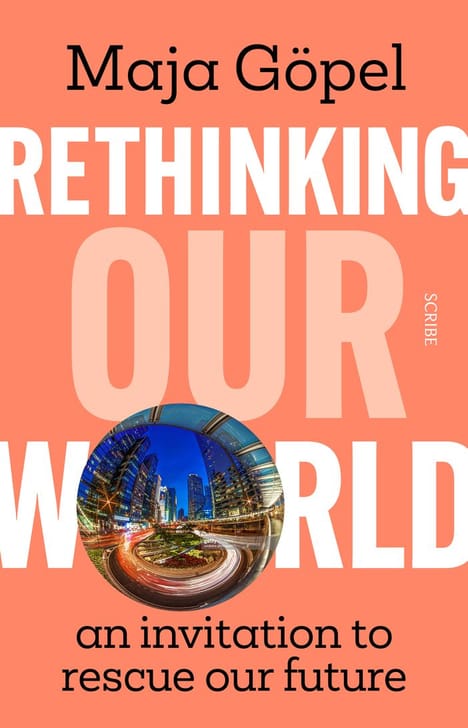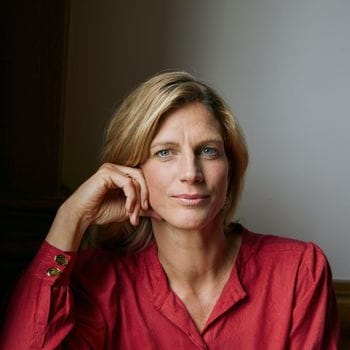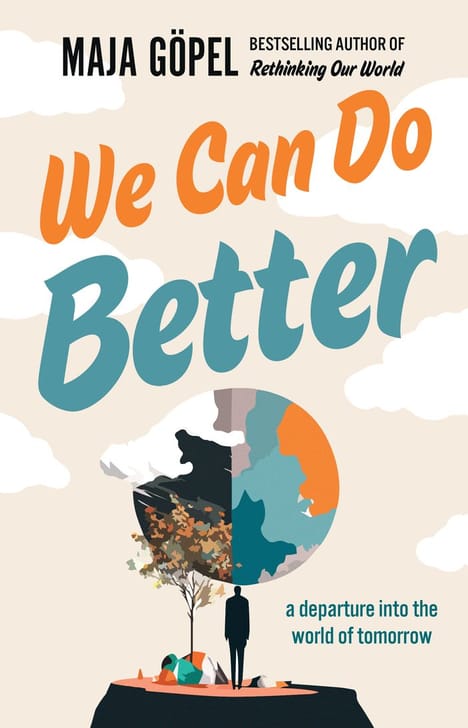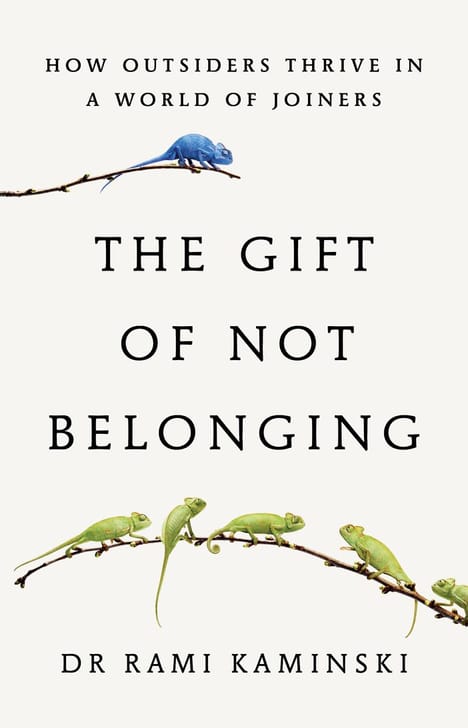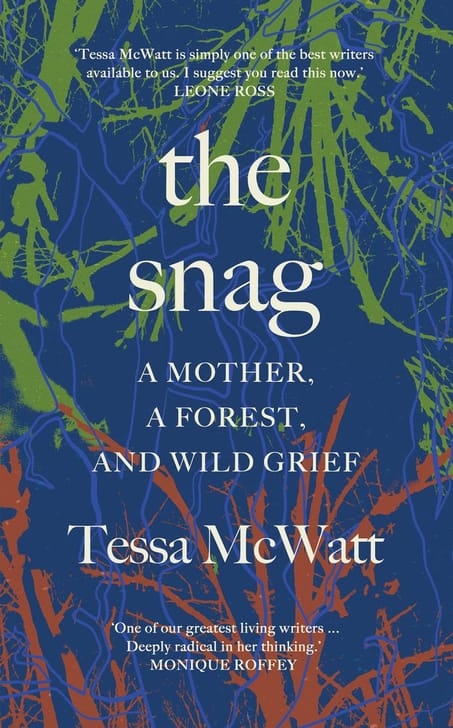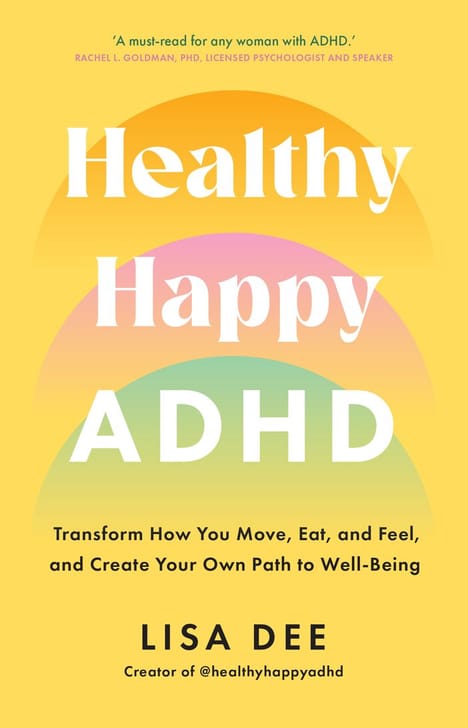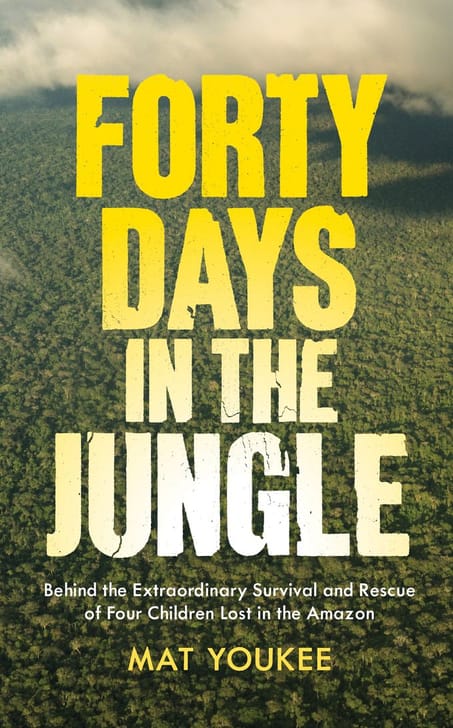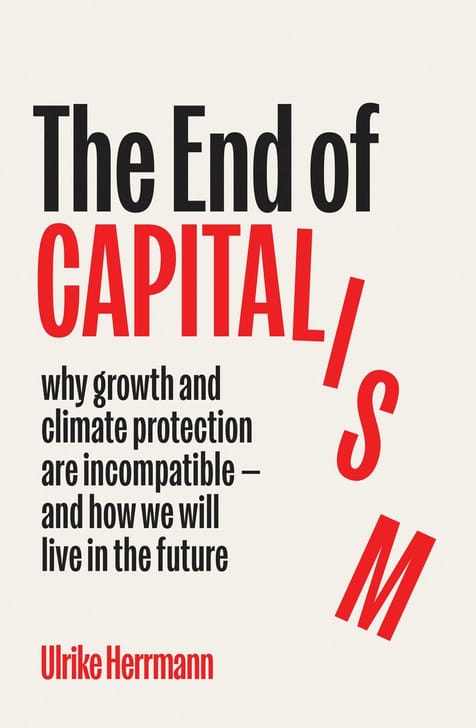Rethinking Our World:
an invitation to rescue our future
Translated by David Shaw
Overview
A radical vision for a better future: an economy that works for us, rather than the other way around.
As this major German bestseller reports, our world is at a tipping point, and we feel it every day. Costs are rising, the gap between the rich and poor is increasing, natural resources are depleted, and the effects of climate change are starting to take hold. We are under increasing social and environmental stress. But, as leading economist Maja Göpel argues here, there is another path forward.
She invites us to imagine what we want our future to look like, and offers solutions that will help us to get there. It’s time to question our principles, set new goals, and re-evaluate our priorities. Time to rethink our world and find new ways of living that don’t drain our planet any further. We need a fair distribution of wealth, and a way to reconcile the social with the ecological. We need to work smarter, not harder.
Critical, yet full of encouragement, Maja Göpel chooses surprising and enlightening examples to illustrate how we can leave behind our familiar ways of living to achieve a better future.
Details
- Format
- Size
- Extent
- ISBN
- RRP
- Pub date
- Paperback
- 210mm x 135mm
- 224 pages
- 9781911617426
- GBP£12.99
- 11 May 2023
Praise
‘After so much fake information born of post-factual hoaxes, this level-headedly argued book by economist Maja Göpel for a reform of our economic system is an insanely soothing read … Maja Göpel’s pleasantly calmly written book helps to understand this new reality.’
‘Maja Göpel’s book is a successful attempt to pack human history from the evolution of Homo sapiens to Greta Thunberg, economic theory from Adam Smith to Thomas Piketty, environmental research and system criticism into a concise space in an entertaining read — and she does it well.’
About the Author
Dr Maja Göpel is a political economist and an important voice for a sustainable transformation of society, working at the intersection of the economy, politics, and society. From 2017 to 2020, she was secretary-general of the German Advisory Council on Global Change, and in 2019 was appointed honorary professor at the Leuphana University of Lüneburg. She is a member of the Club of Rome, the World Future Council, the Balaton Group, the German government’s Bioeconomy Council, and a co-founder of the Scientists for Future network.
